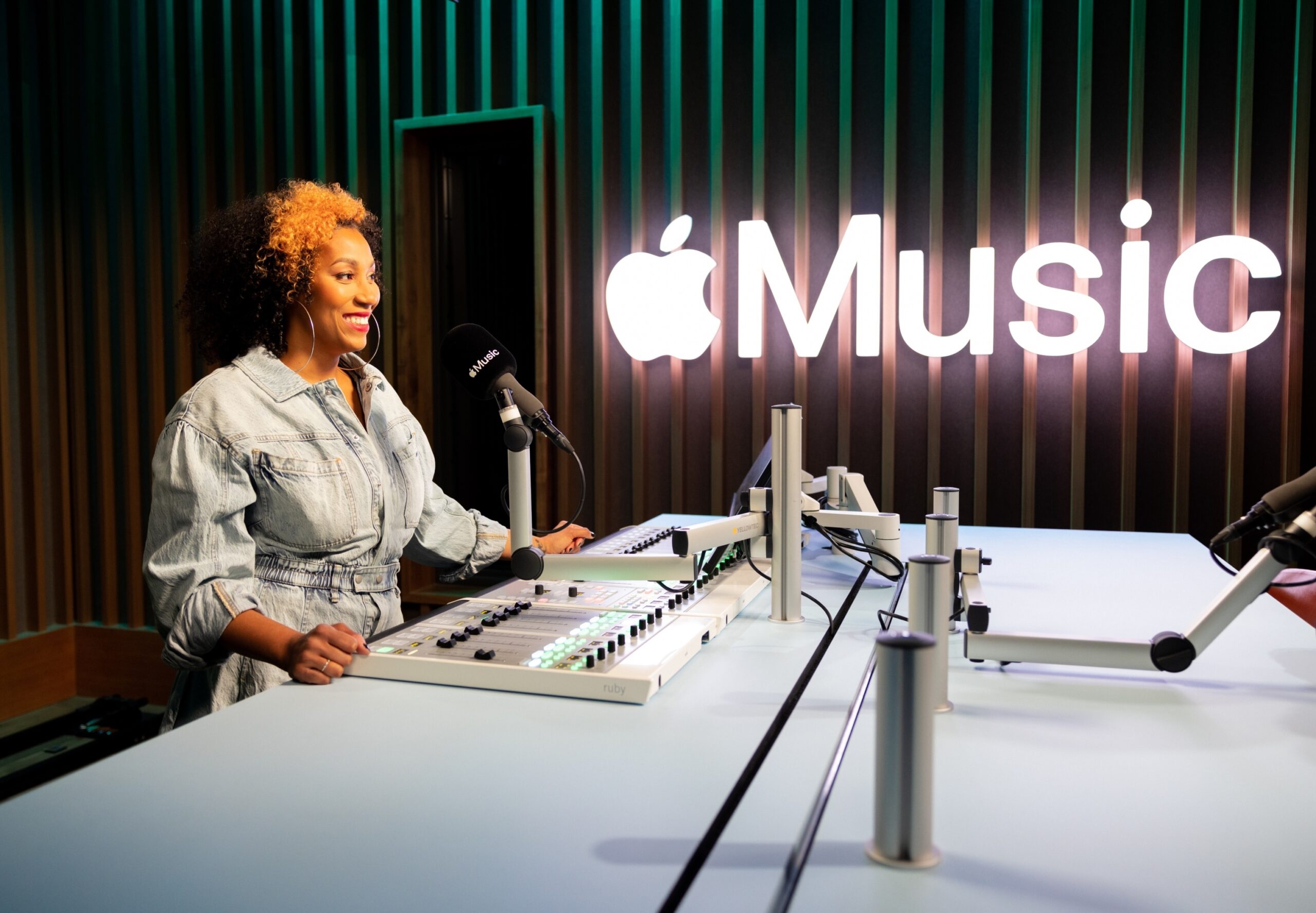
Ok fellow femmes, time to ‘fess up: have you ever had anyone pay you a compliment then immediately cancel out any good intentions by quantifying it with “for a girl”?
It’s a well known phenomenon (probably mostly subconscious) where men feel they are saying something positive, or even gender-affirming, but are instead exhibiting a well-used sexist phrase that only seeks to demean women because of their gender.
This brilliant video from Buzzfeed (below) takes us through a number of scenarios where a woman expresses frustrations at having her gender thrown in her face at irrelevant moments.
First, we see her performing a stand-up comedy routine, where a male audience member comes up to her after, telling her she was pretty funny “for a girl”. Then we see the same woman get into a small car accident where the person she hit (a guy) gets out of his car and immediately starts going on a sexist rant after seeing the perpetrator of the accident was a woman.
Finally, being scarred from the microaggressions and sexist treatment from the first two scenarios, the woman has to deal with another car accident and assumes this guy she hits is going to treat her the same way. We won’t ruin the ending for you, we’ll let you see what happens when you watch the video for yourself.

It’s a short, succinct and even funny video, but one that has a very important and timely message.
Many of us are familiar with the rise of female comedians over the past few years who have specifically spoken directly about the idea that “women aren’t funny”. An article written a number of years ago by a now-deceased journalist ruffled a lot of feathers and brought plenty of misogynists out of the woodwork in the entertainment industry.
Yet women like Amy Schumer, the ‘Broad City’ creators, Amy Poehler, Tina Fey, Sarah Silverman, Whitney Cummings, Cristela, and many more have expertly shut down this insipid brand of sexism with ratings, popularity, and plenty of awards.
The “for a girl” statement itself is similar to the “like a girl” statement, which became a well-known moniker in the advertising world when feminine hygiene brand Always released a commercial showing that telling a female she is doing anything “like a girl” should not be considered laughable, but empowering.

It sparked a movement in advertising, especially in the “femvertising” space, and successfully managed to create discussions on a wider basis about challenging the negative stigma normally attached to that phrase. “You throw like a girl”, “don’t cry like a girl”, etc were pivoted by Always to be portrayed as statements of power. In their advertising, they showed a number of young women and girls owning their achievements and understanding that doing anything from a feminine point of view is not damaging or negative, it’s just feminine.
We are living in a time when women are fighting for equality harder than ever, and included in this movement is the notion that we should not have to adopt masculine traits to achieve success. Leadership, for example, has for many years been exemplified by statements such as “act like a lady, think like a man”, but thanks to women like Sheryl Sandberg and her “Lean In” movement, women are learning to embrace their feminine qualities as a source of power.
It should go without saying that doing anything “like a girl” is awesome. And it should also be a no-brainer that giving a woman a compliment and adding “for a girl” is not complimentary.
Once we stop quantifying everything in this world according to gender, equality won’t be such a lofty goal to reach. If you agree, watch the video below and share with your friends.
















